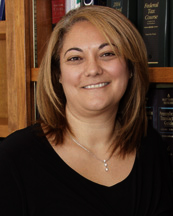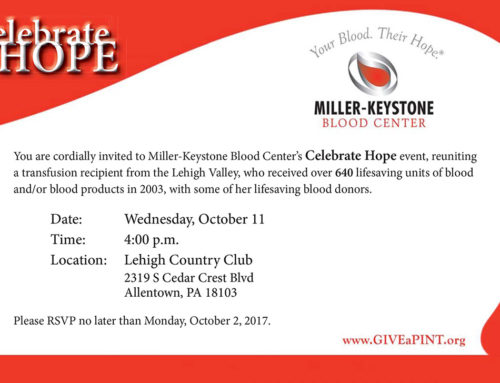Attorney Gladys Wiles discusses the importance of having a will…
DO I REALLY NEED A WILL?
When someone dies, what they leave behind is called the Estate. The Estate is the total amount of property, whether personal or real, owned by the decedent at his or her death. Once a person dies, the estate is submitted to the probate court. If there is a Will, the probate court will determine if the Will is valid and then oversee the administration of the estate by the Executor. The Executor is the person appointed in the Will by the decedent to oversee the estate. The Executor owes fiduciary duties to anyone who has an interest in the estate. What this means is that the Executor owes a duty of loyalty and must act in the best interests of the estate. Included in this duty of loyalty, is a duty to act in good faith to manage estate assets and not to cause the estate to lose value.
Here’s where it gets dicey, what if there is no Will or the Will is determined to be invalid? The probate court will appoint an administrator and the decedent’s property will be distributed according to the State’s laws of inheritance. Many people inaccurately believe that when they die, everything they have will automatically go to their surviving spouse.
That’s not always the case.
In Pennsylvania for instance, the surviving spouse gets the entire intestate estate only if there is no surviving issue (child, grandchild or great-grandchild) or parent of the decedent. Let’s assume that there is surviving issue from the marriage. In that case, the surviving spouse gets the first $30,000 plus one-half of the balance of the intestate estate if there are children, grandchildren or great-grandchildren of the decedent all of whom are also issue of the surviving spouse. (Notwithstanding the foregoing, in the case of a decedent who died as a result of the terrorist attacks of September 11, 2001, a surviving spouse will be entitled to 100% of any compensation award paid pursuant to the Air Transportation Safety and System Stabilization Act).
However, the intestate estate share to the surviving issue of the marriage, get distributed to the child(ren) regardless of their age, and without regard to when or how the inheritance gets used or distributed. Typically, a Will establishes parameters or guidelines for when, what and how an inheritance is distributed to minors, especially. Imagine what a 17 year old would do upon distribution of a significant inheritance after a parent has died? A will with trust provisions for issue is capable of establishing guidelines such as the age of when an inheritance is distributed and the amount of to be distributed at each specified age to a child, grandchild or great-grandchild. Further guidelines may be established for limited use of the money during a time the beneficiary is a minor, such as health, welfare and education of the minor before any distributions are made.
Doesn’t my surviving spouse get everything even if I had children from another marriage?
The simple answer is NO. This is a common misconception when the decedent has children, for instance, from another marriage. In that case, pursuant to Pennsylvania law, the surviving spouse gets one-half of the intestate estate if there is surviving issue of the decedent, one or more of whom are not the issue of the surviving spouse. Under these circumstances, the surviving spouse will have to share the estate equally with the decedent’s children, grandchildren or great-grandchildren, whether from another marriage or adopted.
The right of a Widow to the entire estate of his/her deceased spouse depends on whether the decedent left issue (children, grand-children or great-grandchildren), and not on whether the surviving spouse had children in cases where the decedent did not have a will or the will was deemed to be invalid.
So why leave things for chance, or for a Court to determine who and how much will inherit when you die. Having a will ensures that those you want to inherit from your estate when you die will do so and that your intentions are followed as opposed to those of a court. Whether it be a spouse you want to take care of after your death, or a special needs child, or even a spend thrift child who may need some constraints as part of his or her inheritance, a will is the one way to make it happen.
[box]  Attorney Gladys Wiles from Snyder & Wiles, PC focuses on personal injury cases, which almost always involve technical, medical and scientific questions. Gladys Wiles will prepare your case in conjunction with medical professionals, accident investigators, engineers, economists, and life care planners, as well as other experts, as needed. [/box]
Attorney Gladys Wiles from Snyder & Wiles, PC focuses on personal injury cases, which almost always involve technical, medical and scientific questions. Gladys Wiles will prepare your case in conjunction with medical professionals, accident investigators, engineers, economists, and life care planners, as well as other experts, as needed. [/box]


Leave A Comment